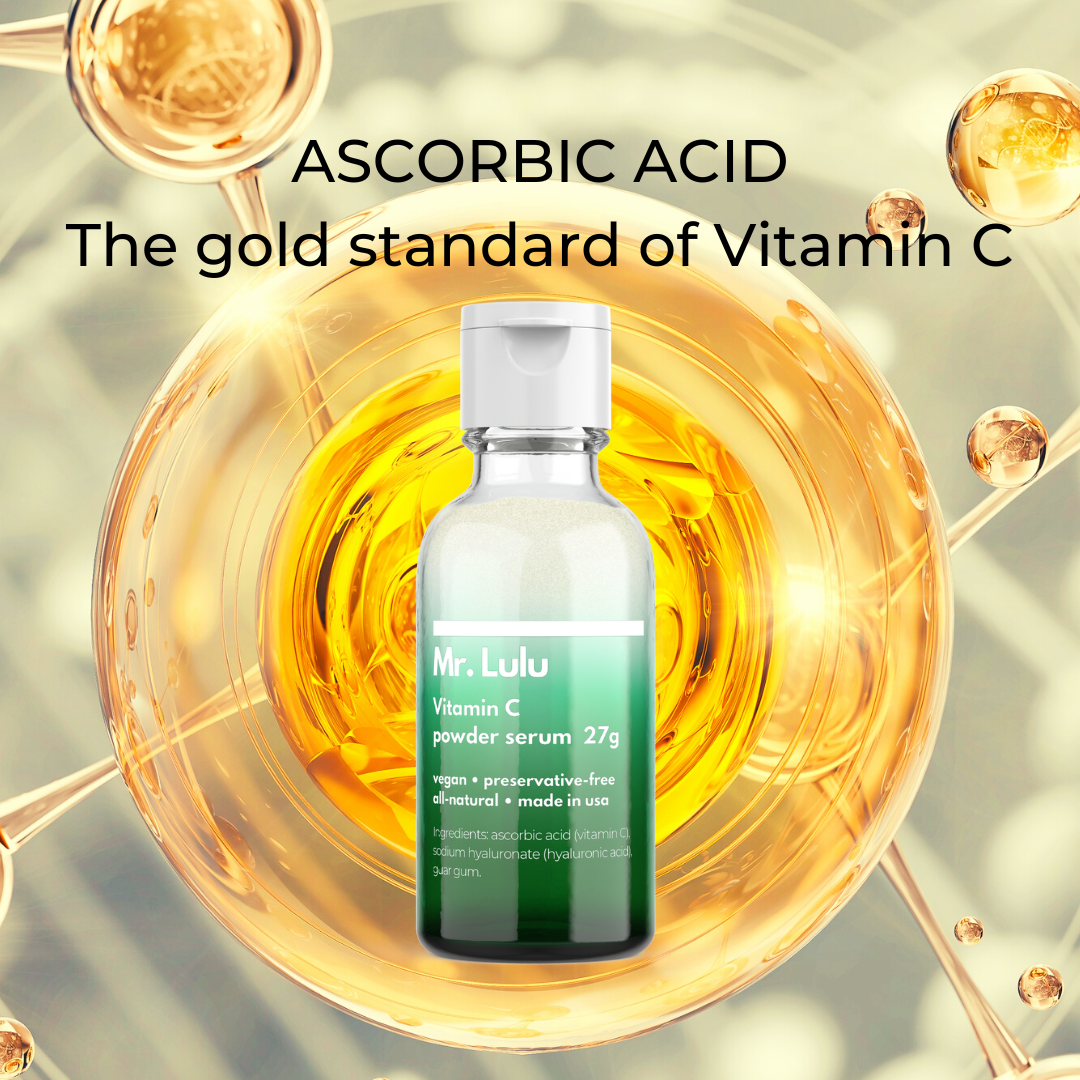
Benefits of Vitamin C for hyperpigmentation
Share
Hyperpigmentation is a common skin condition that can occur due to aging, sun exposure, or hormonal changes. Fortunately, vitamin C can help decrease hyperpigmentation and even out skin tone.

Vitamin C is a powerful antioxidant that helps protect the skin from free radicals that cause damage and contribute to hyperpigmentation. It also inhibits the production of melanin, the pigment that gives skin its color and can cause dark spots.
Additionally, vitamin C promotes collagen production, which can help reduce the appearance of fine lines and wrinkles. It also has anti-inflammatory properties that can help calm and soothe the skin.
To reap the benefits of vitamin C for hyperpigmentation, look for skincare products that contain this ingredient, such as serums. Consistent use over time can help improve the appearance of hyperpigmentation and leave your skin looking brighter and more even.
One study published in the Journal of Clinical and Aesthetic Dermatology found that a topical vitamin C solution applied twice daily for 16 weeks significantly reduced the appearance of hyperpigmentation in participants with melasma, a type of hyperpigmentation caused by hormonal changes. The study concluded that topical vitamin C was a safe and effective treatment for melasma.
Another study published in the Journal of Drugs in Dermatology found that a combination of vitamin C and other antioxidants improved hyperpigmentation and skin texture in participants after 12 weeks of use.
A third study published in the Journal of Investigative Dermatology found that vitamin C inhibited melanin synthesis and reduced the appearance of age spots in participants with photodamaged skin.
Overall, these studies suggest that vitamin C can be an effective treatment for hyperpigmentation, and that it works by inhibiting melanin production and promoting collagen synthesis.

Head to Instagram to ask Mr. Lulu about product or treatment suggestions - Click here
